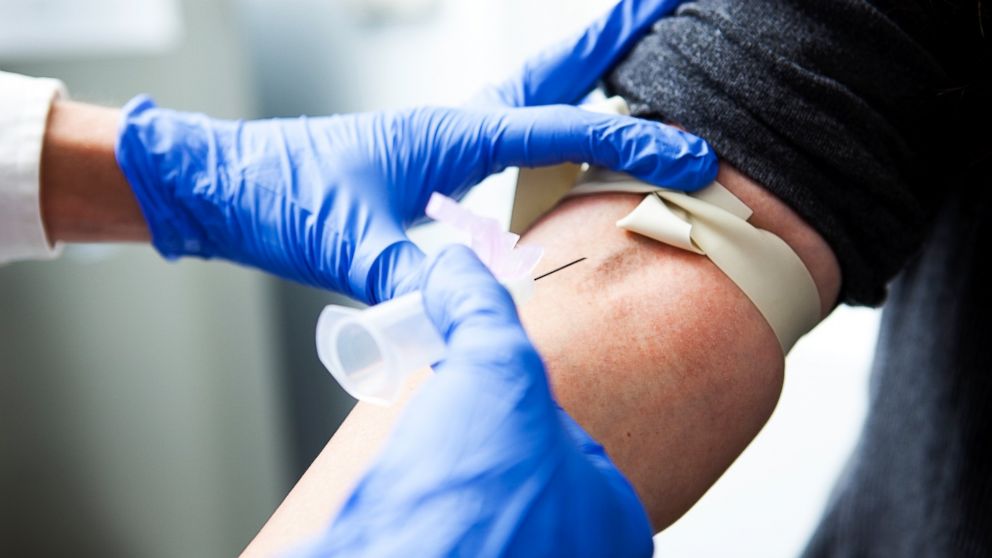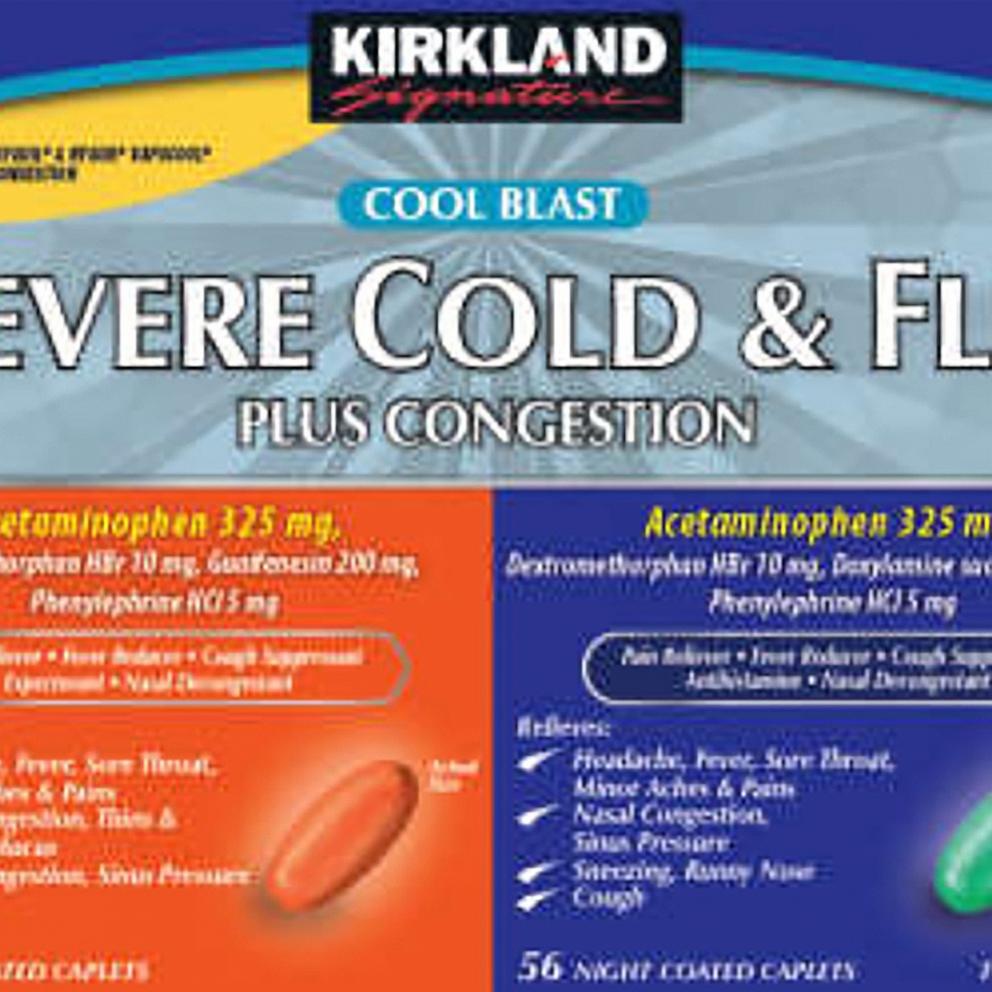FDA Takes Steps to End Lifetime Ban on Gay Male Blood Donors

— -- Ending a more than three-decade-long ban, gay men in the U.S. may soon be allowed to donate blood, according to recommendations released today by the U.S. Food and Drug Administration.
The new recommendations were released in draft form by the FDA and there will be a 60-day comment period for the public.
The FDA ban, which started during the AIDS crisis, has been controversial in recent years with multiple activist organizations and medical associations calling it discriminatory.
Currently, men who have had sex with other men since 1977 are banned from ever donating blood in the U.S. The ban dates back to 1983 and was started after doctors realized that HIV, the virus that causes AIDS, could be transmitted through blood transfusions.
If the recommended policy is implemented, gay and bisexual men would be allowed to donate blood if they have abstained from sex with men for a year. The year-long deferral for gay and bisexual men has been enacted by other countries, including Japan, the United Kingdom, Brazil and Australia.
Thanks in part to more sensitive tests for HIV and after seeing evidence from the countries mentioned above, the FDA determined a one-year deferral would likely be long enough to safeguard the donor supply. Currently the chances of contracting HIV in a blood transfusion is 1 in 1.47 million, according to the FDA.
Ending the ban has been supported by multiple medical associations in recent years. After today’s draft guidance was released, the American Medical Association released a statement in support of ending the ban.
“The American Medical Association (AMA) commends the U.S. Food and Drug Administration (FDA) for taking a step in the right direction to end the lifetime ban that prohibits men who have had sex with men (MSM) from ever donating blood,” AMA President Robert Wah said in a statement. "The AMA’s policy supports using scientifically based deferral periods that are consistently and fairly applied to donors based on their risk level."
While the recommendations would be a significant departure from previous policy, some opponents said the new guidelines do not go far enough since donors must abstain from sex with men for one year.
David Stacey, the government affairs director of the Human Rights Campaign, said people should be evaluated on their risk behavior not just their sexual orientation.
"While the new policy is a step in the right direction toward an ideal policy that reflects the best scientific research, it still falls far short of a fully acceptable solution because it continues to stigmatize gay and bisexual men,” said Stacy. “This policy prevents men from donating life-saving blood based solely on their sexual orientation rather than actual risk to the blood supply.”
Last year, the American Red Cross, America’s Blood Centers and AABB, a nonprofit group representing institutions and individuals in transfusion medicine field, have supported ending the ban calling it “medically and scientifically unwarranted.”
Ryan James Yezak, who has advocated for the end of the ban as director of the National Gay Blood Drive, said he supported the new recommendations.
"We are pleased to see the FDA has issued the draft guidance and we look forward to organizing the National Gay Blood Drive in conjunction with the implementation of the revised policy," Yezak said in a statement, adding that advocates still want donor deferrals to be based on risky behavior, rather than simply sexual orientation.



